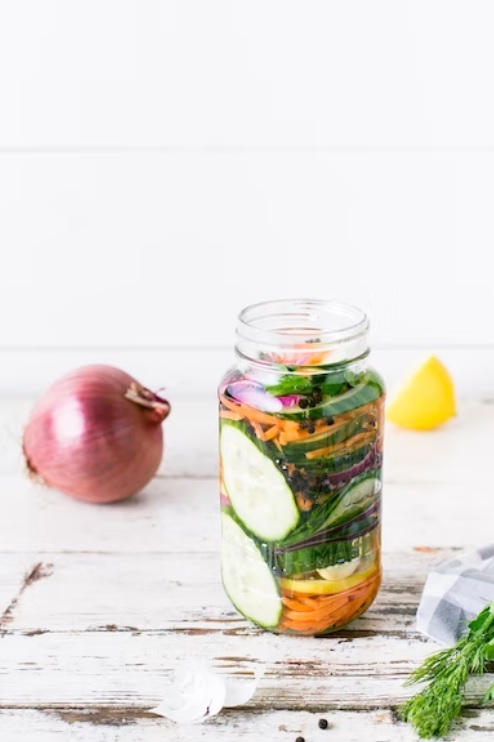The gut is often the center of attention when it comes to digestion and overall wellness. But that’s not to say that the other body parts or systems don’t matter. That would be like only caring about the engine on your car and not caring about the tires, brakes, or steering wheel. So, while taking care of your gut, make a point of taking care of the whole body. If you’ve found yourself struggling with stomach discomfort, heartburn, or other digestion-related ailments, here are some tips that can help.
Consume a Diet Rich in Antioxidants
Stress can compromise the immune system, accelerate aging, cause heart disease, and even increase the risk of cancer. It can be especially problematic for those who have had gastrointestinal issues in the past. While staying stress-free is one of the simple ways to keep your immune system strong, eating antioxidants can help you get there. Antioxidants work by neutralizing free radicals that are harmful to cells. They also balance the body’s pH, which can help ease symptoms of indigestion, acid reflux, heartburn, and other digestive disorders. Products like chai powder, green tea, and turmeric are all great ways to add more antioxidants to your diet.
Consume Plenty of Green Leafy Vegetables
Green leafy vegetables are most often linked to cardiovascular health thanks to their abundance of fiber, vitamins, and minerals that help lower cholesterol. But the dramatic nutrient content of these superfoods is even more impressive when it comes to bowel health. These greens can help keep bowel movements regular and balanced, which relieves constipation. Cruciferous vegetables, including broccoli, cauliflower, brussels sprouts, collards, and cabbage, also contain a compound called indole-3-carbinol, which helps boost a key immune function called interferon activity. These vegetables are very effective at clearing out bad bacteria and are also packed with antioxidants, which play a vital role in fighting inflammation and protecting the body from diseases like cancer.
Exercise and Massage
Exercising doesn’t have to be much; even taking a walk around the park can be enough to help speed up digestion. Regular exercise can help improve your mood as well as support your overall health and wellness. While at it, leave some time between eating and exercise. The general rule of thumb is to wait approximately two hours after a meal and 30 minutes to one hour after a snack. Exercising right after your meal could make you feel nauseous, gassy, and crampy.

While massage therapy is often suggested as a treatment for back pain or muscle soreness, it can also be used to relieve symptoms of indigestion and acid reflux when they become severe. Regular massages can improve mobility in your muscles, increase blood flow to the affected area, and help break up any kind of scar tissue or clotting that’s causing it.
Consume a Diet Rich in Fiber
Fiber is nature’s dietary insurance policy. This beneficial substance virtually fills in bulk, missing out on its digestion. It naturally binds to a range of substances ranging from food to bacteria, thereby facilitating their eventual removal in the bowel. But it does much more than that. A diet rich in fiber helps maintain the proper consistency of stools, lowers cholesterol levels, and slows down digestion and absorption rate, which only adds to better gut health.
Proper Hydration
Exercise helps the body by pumping more blood into the organs while flushing out toxins at the same time. Unfortunately, this results in dehydration because water is lost relative to sweat loss. It’s pretty much a given that how well your body digests and absorbs nutrients from food will be directly impacted by how much fluids you consume. Plus, if you consume lots of water, you will be less prone to the onset of constipation issues. How can you tell if you’re well-hydrated? The color of your urine is one indicator. The darker it is, the more water you need.
Digestion is an intricate system that involves the entire gut and even other parts of the body. Any time you do not get enough movement, stimulation, or a balanced diet, digestive health is negatively impacted. And when things go wrong in the gut, it can cause serious health problems — and it turns out that some of the best ways to promote digestion involve transforming your relationship with food.
